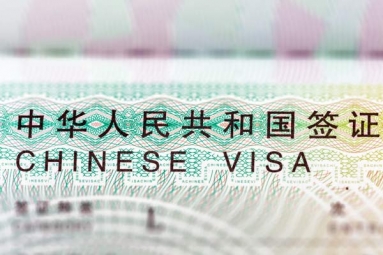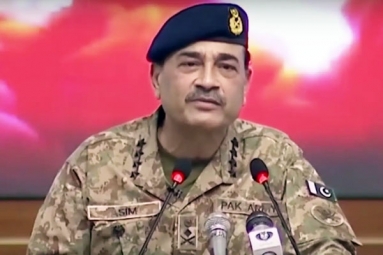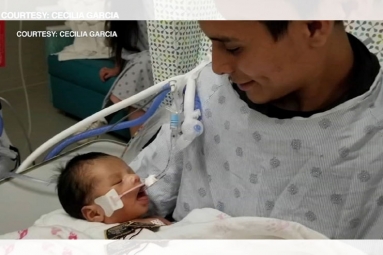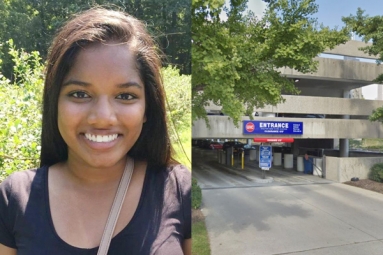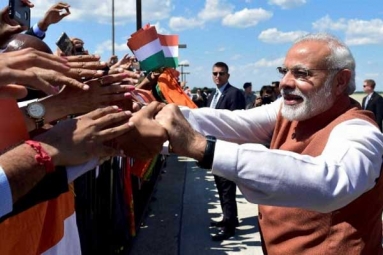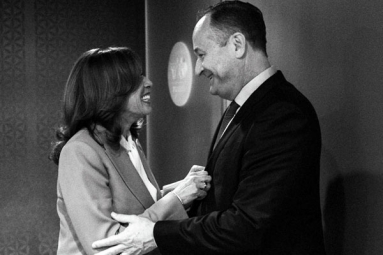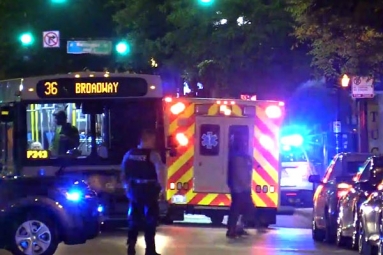
(Image source from: Herald & Review)
The next mayor of Chicago will take over a city that is profoundly divided by race and class, a decades-long problem that critics say only grew more noticeable during Mayor Rahm Emanuel's two terms in office.
The question for voters now that Emanuel is not seeking re-election: Who, if anyone, can repair it?
A dozen candidates were running to lead the nation's third-largest city even before Emanuel's surprise announcement Tuesday. The list of people said to be weighing bids seemed to be multiplying by the minute, by Wednesday.
Those running - or contemplating it - as well as activists and community leaders, said the next mayor must be focused on uniting Chicago, which has long been one of the nation's most segregated cities. That includes investing more in poor, predominantly minority neighborhoods on the city's West and South Sides where unemployment and violence rates are dramatically higher than other areas.
"For me what's most important is someone that has the character and personality to run all of Chicago, not just some of Chicago," said the Rev. Corey Brooks, pastor at New Beginnings Church of Chicago on the South Side, who also said he "might be considering" his own bid.
He acknowledged much of the city's division predates Emanuel but said it had become "more apparent" under his leadership, as construction cranes hang over North Side developments and downtown while else areas are hollowing out.
Both Brooks and the Rev. Marshall Hatch, a prominent minister on the city's West Side and a critic of Emanuel, said it isn't critical that the next mayor be African-American or Hispanic. What matters most, Hatch said, is that it's someone who's "going to be fair to poor people."
The city's population is almost evenly divided, with one-third African-American, one-third Hispanic and one-third white. It's one of the nation's wealthiest cities, yet about one-fifth of residents live in impoverishment, according to the United States Census Bureau.
In 2013, Emanuel led the effort to close 50 Chicago Public Schools, saying the closings were essential since too many buildings were half-empty and the financially troubled district could not afford to keep them open.
"(The closings) told us all we needed to know about what Rahm felt about our communities: Get out of town," Hatch said.
Hatch said other policies, including a host of fines imposed by the city and red light cameras installed to catch people running red lights and ticket them, also disproportionately hurt the city's poor.
"I get a red light ticket or a boot on my car ... I have a bad day," he said. "But if I'm a single mom with a minimum wage job who drops her kids off in three different places and I come outside and my car is booted, it is a family emergency."
During a Wednesday radio interview, Emanuel defended his record noting he helped bring a Whole Foods grocery store to the Englewood neighborhood and Obama's presidential center to Jackson Park, both situated on Chicago's South Side.
He also said he doesn't think any of the candidates who've so far announced has the necessary skill set, and that more people will jump in before the November candidate filing deadline. The election is in February, with an April runoff if needed.
"My view is ... the list is not done," Emanuel said.
By Sowmya Sangam





